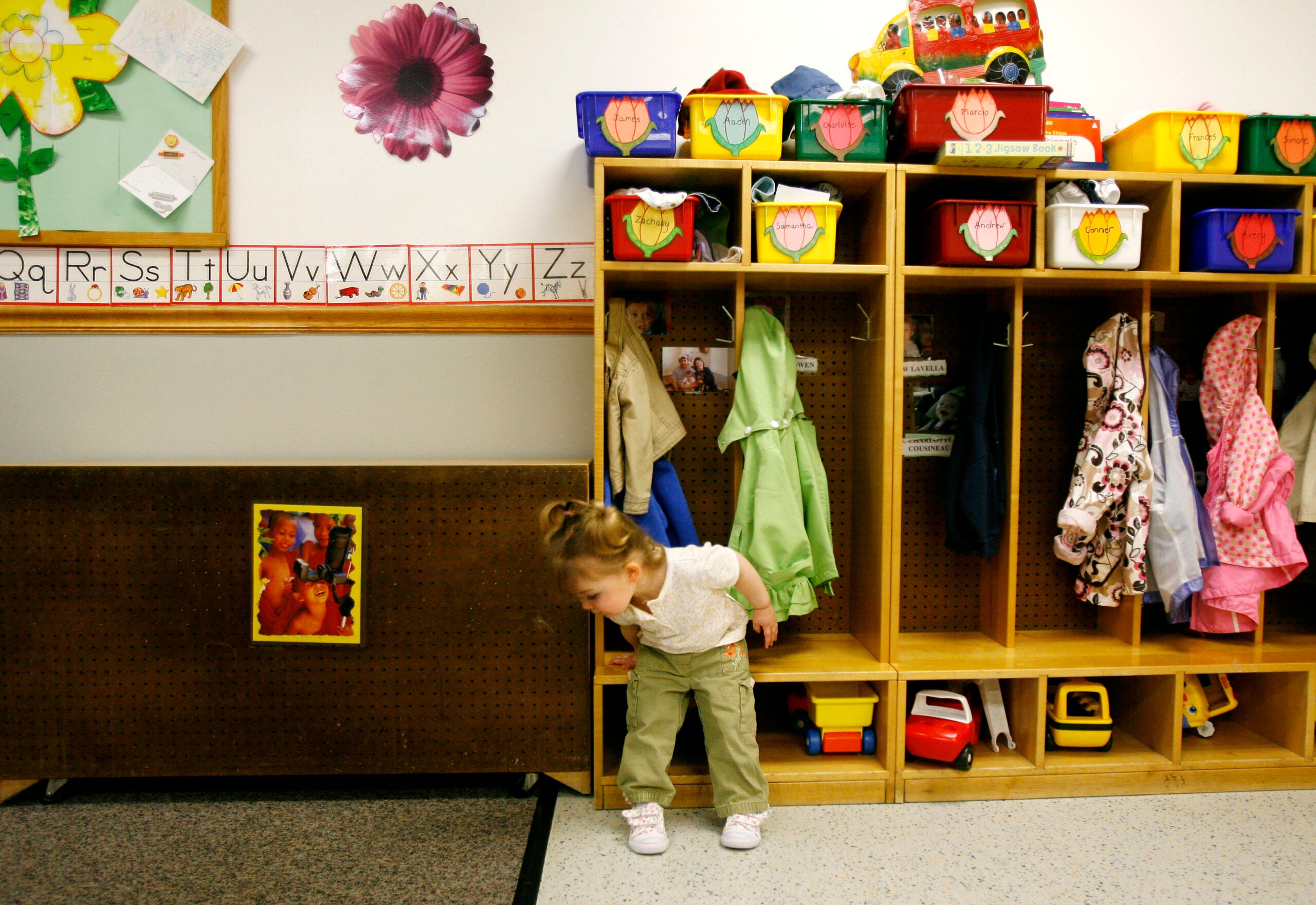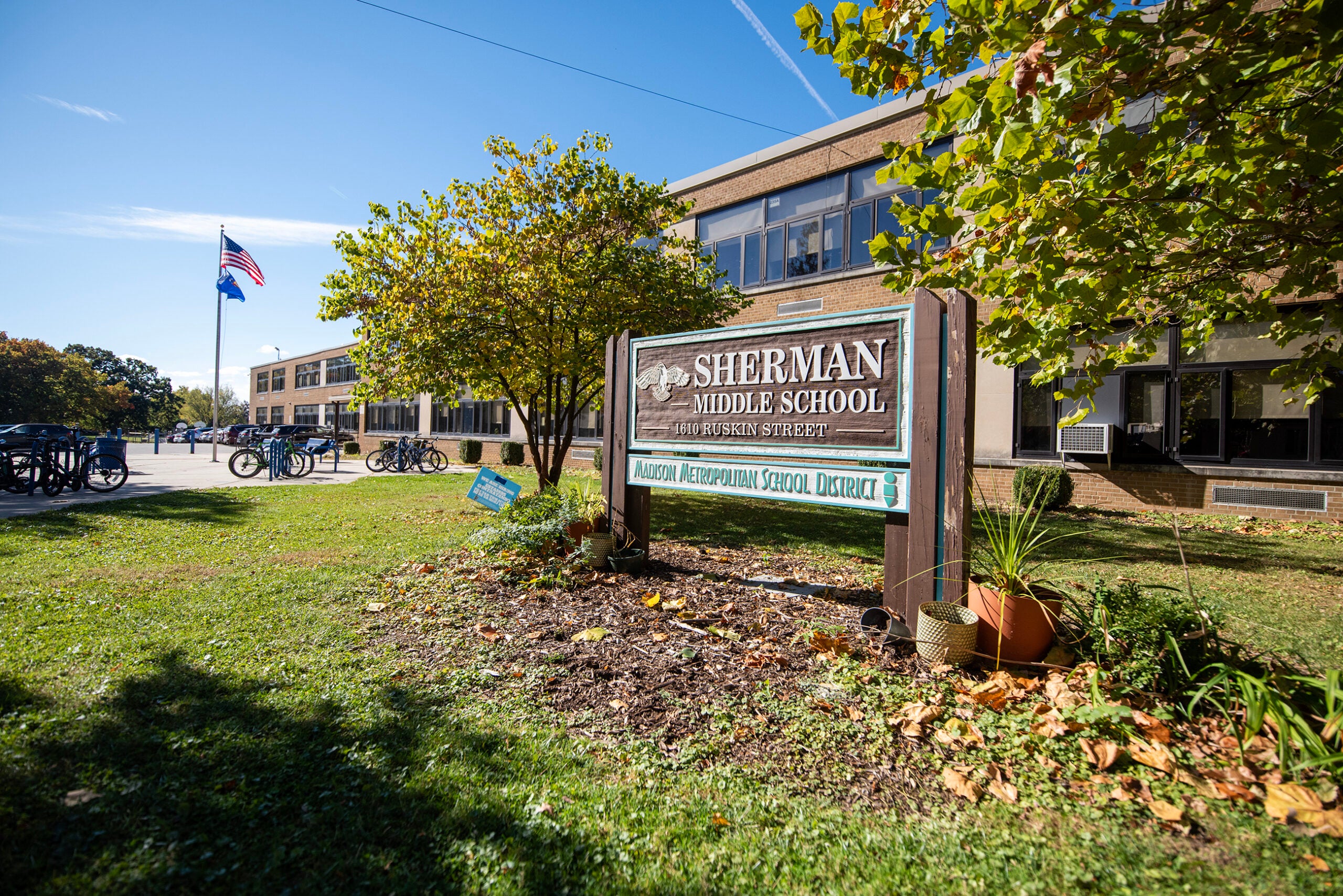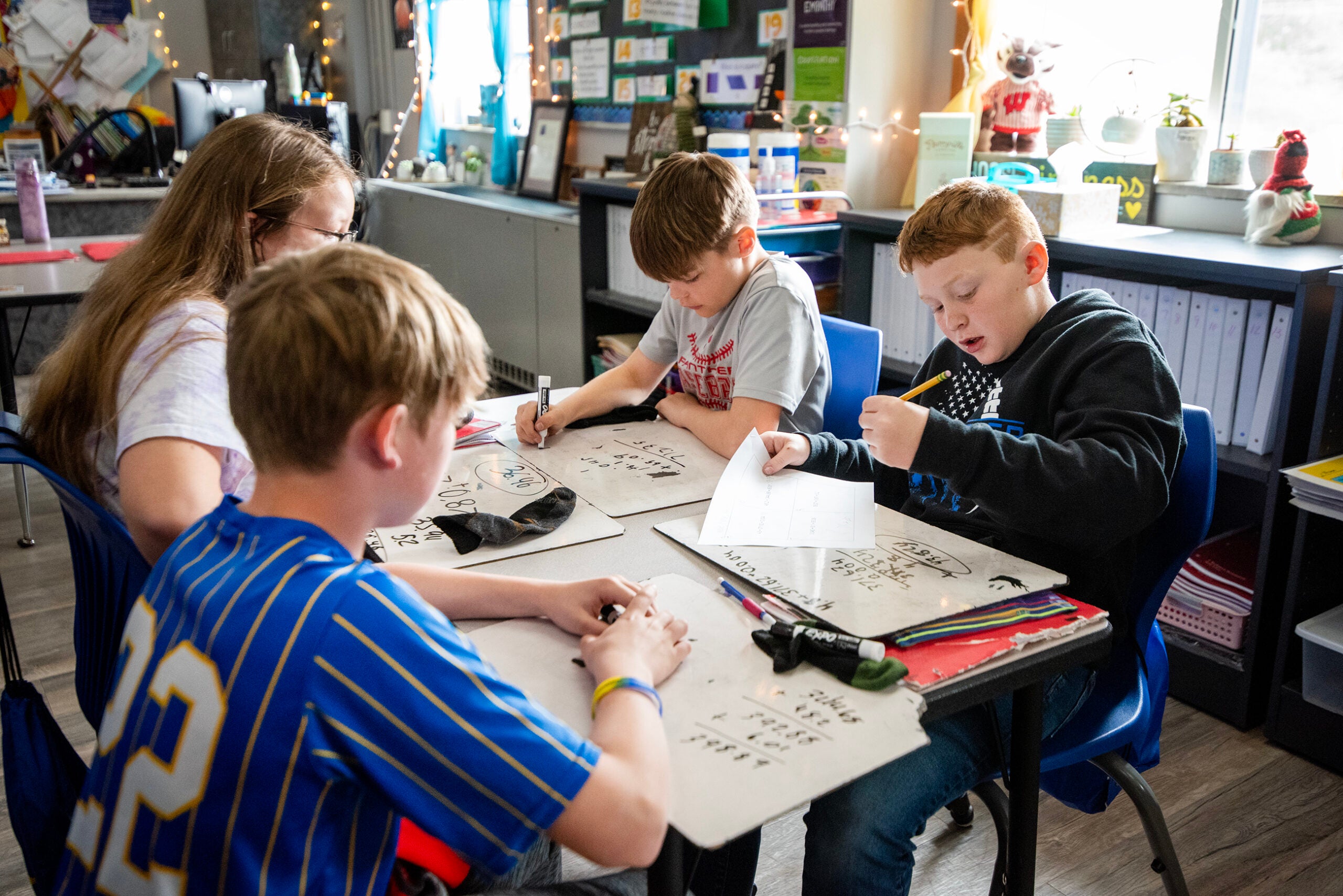With nearly 17,000 confirmed cases of COVID-19 across the state, Wisconsin schools are keeping their doors closed to students through the summer.
The state’s five largest school districts have laid out plans for online summer school, billing it as the safest option for both students and staff. At the same time, local recreation departments are laying out in-person plans to make sure parents headed back to work have somewhere to send their children.
Milwaukee Recreation Senior Director Lynn Greb said her department will have a pared-down lineup of summer programs, with only 50 children allowed at each site. Those children may get further split into smaller groups that might have staggered meal times, on top of other precautions to keep the groups from mixing.
News with a little more humanity
WPR’s “Wisconsin Today” newsletter keeps you connected to the state you love without feeling overwhelmed. No paywall. No agenda. No corporate filter.
Greb said childcare is the department’s biggest priority.
“It’s hard for families,” Greb said. “They really need the services, and they’re going back to work, a lot of people. And there aren’t a lot of options out there right now.”
The department’s popular recreational basketball leagues are off the table, she said, and the free drop-in playground program is being shifted to meal distribution sites only for the time being. Their aquatics program, said Greb, is still a big unknown — they’re waiting to see what state and health agency recommendations will say.
“It’s scaled back and it’s also going to really be predicated on where we are,” Greb said. “We always hope that the next week brings more information and more direction, but so far, it’s kind of slow going.”
Milwaukee Public Schools’ Summer Academy will be online only. John Riley Hill, the district’s director of college and career readiness, said in an email that high school summer classes will be the same as other years, just online. Middle school classes will be adjusted to focus on new learning to get them ready for fall, with an emphasis on English and math. The district is putting together virtual camps for elementary schoolers with themes like “Math Rockstar,” “Super STEM” and “Storytime Superheroes.”
The Stevens Point school district is planning for a short, in-person summer school session in July, although communications director Sarah O’Donnell said the district is waiting for guidelines from DPI and the county on class sizes, masking, symptom screening and other precautions to make sure they’re keeping kids and teachers safe. Summer students would have a three-week online learning session from June 15 through July 2, and then, if permitted, in-person classes from July 13 to July 30. Registration closes June 5.
In Kenosha, virtual summer school will start as early as June 15, depending on grade level. The district has more information, plus a request form for students who need a Chromebook on its website.
Racine schools will run their online summer school session Mondays through Thursdays from July 6 to July 30 on Google Classroom and other online learning platforms. Students must register by June 15. The district isn’t offering an extended learning summer program this year.
At Green Bay Area Public Schools, online summer school will include two sessions for elementary and middle-schoolers, and one long session for high school students. Registration is now open. School officials said this year’s programming will focus on accelerated learning and keeping students on track to graduate.
The Madison Metropolitan School District’s summer school will be virtual for third through 12th graders, and will run from June 22 through the end of July. Elementary and middle school instruction will be focused on literacy and math, while high school classes will, as in Milwaukee, focus on making up missing credits and retaking classes already completed, with some limited other options for physical education, health and personal finance instruction.
Students in 4-year-old kindergarten through fourth grade will have access to books, the online literacy program Lexia, online math programming and other tools.
“We are anticipating that overall, our enrollment will be less than it was in the past in large part because our offerings have decreased,” summer learning director Nicole Schaefer told reporters at a virtual press conference earlier in May.
Districts’ fall plans are still up in the air. The state Department of Public Instruction is expected to release guidance for a return to schools by the end of June.
In the meantime, some districts — like MPS — have sketched out how they’d handle several different return scenarios, ranging from a blend of virtual and in-person instruction for every student to bringing only elementary school students back into school classrooms.
Wisconsin Public Radio, © Copyright 2025, Board of Regents of the University of Wisconsin System and Wisconsin Educational Communications Board.







